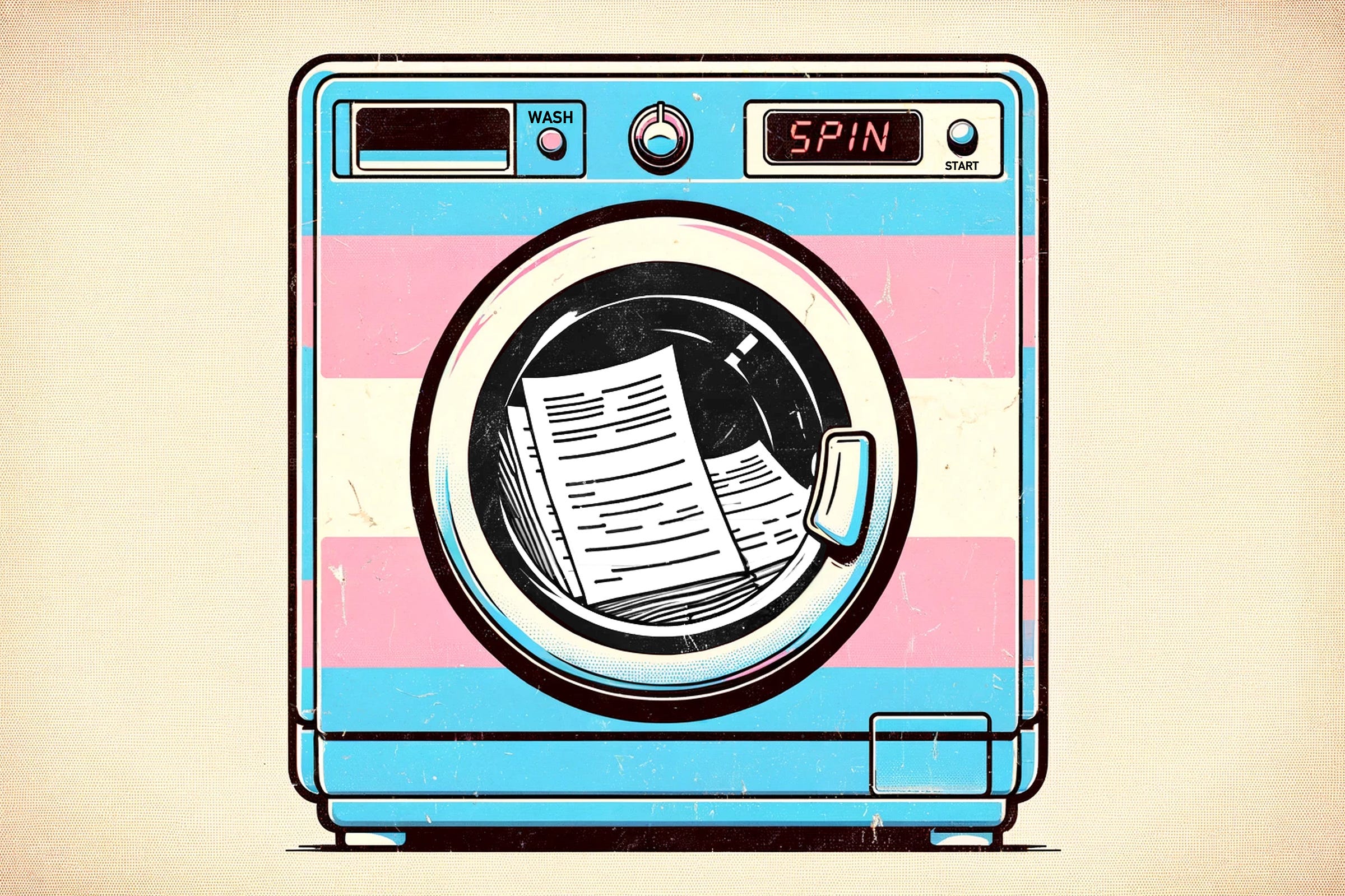Activist Researchers Put a Positive Spin on Negative Results
Many studies on hormonal interventions for gender confused youth commonly present positive conclusions even when the results are insignificant, small, or negative.
Reality’s Last Stand is a reader-supported publication. Please consider becoming a paying subscriber or making a one-time or recurring donation to show your support.
About the Author
Christina Buttons is an independent journalist with a forthcoming report on the connection between autism and gender dysphoria, as well as a detransition survey awaiting publication. She is developing a website that will feature the latest data, studies, and fact-checks that will debunk activist arguments related to gender medicine.
If you would like to support her work, please consider a paid subscription to her Substack or making a donation.
A newly published review in a prestigious medical journal has found that many studies on hormonal treatments for children with gender dysphoria have exaggerated their benefits. The analysis, led by Kathleen McDeavitt from the Menninger Department of Psychiatry and Behavioral Sciences at Baylor College of Medicine, revealed that many studies presented positive conclusions about hormonal interventions even when the findings were insignificant, small, or even negative.
Proponents of early medical transition argue it can reduce suicide risk, often describing hormonal interventions as “life-saving care.” However, McDeavitt’s review of 14 long-term studies reveals that the majority did not find improvements in depression or suicidality. In fact, the largest study included in the review reported worse outcomes for depression, an increase in psychiatric visits for suicidality, and a significant rise in antidepressant use after starting hormonal treatments.






